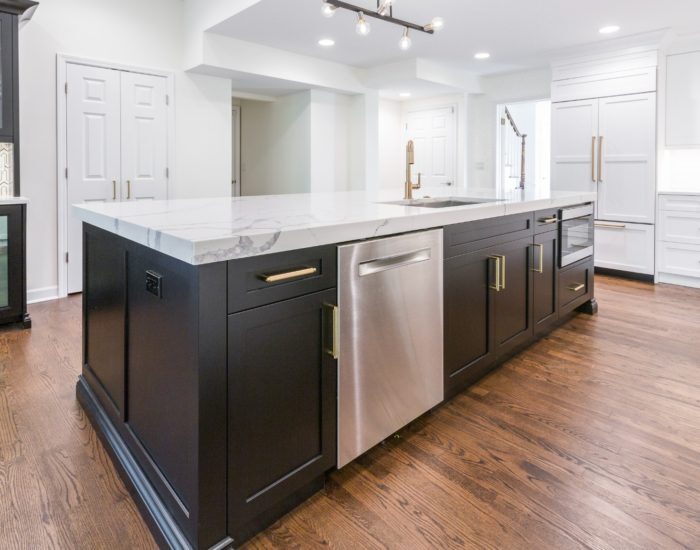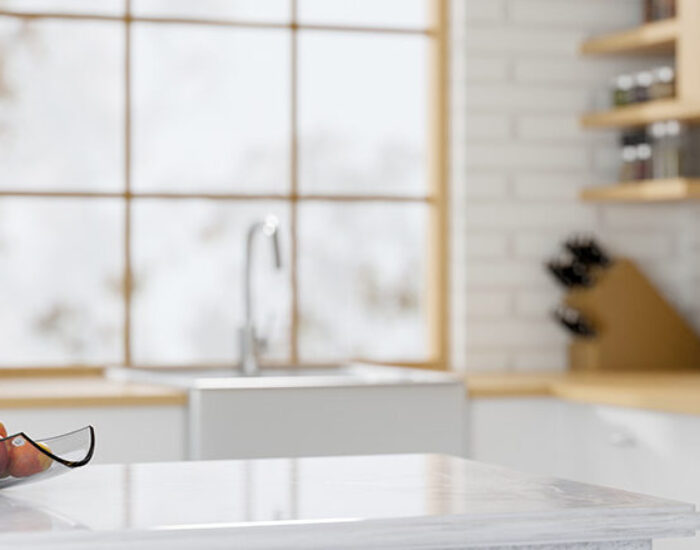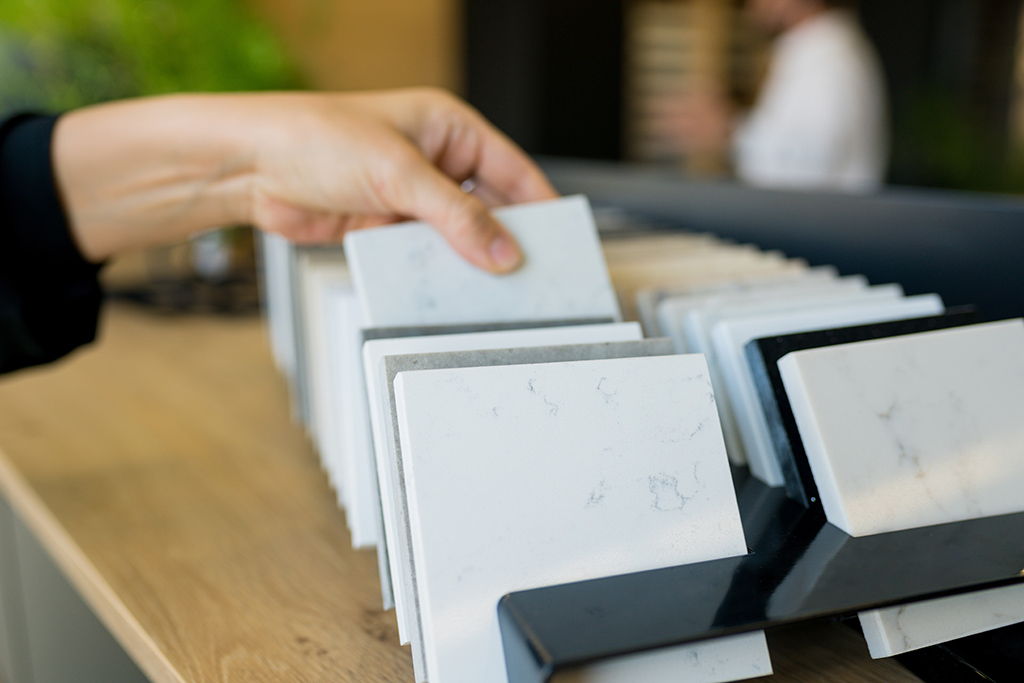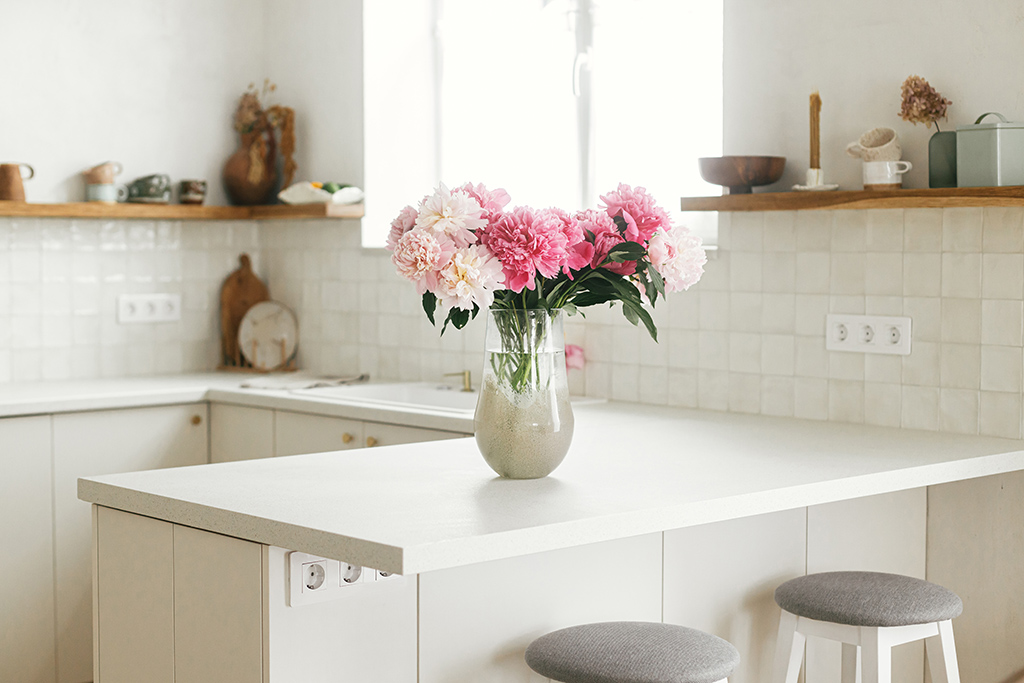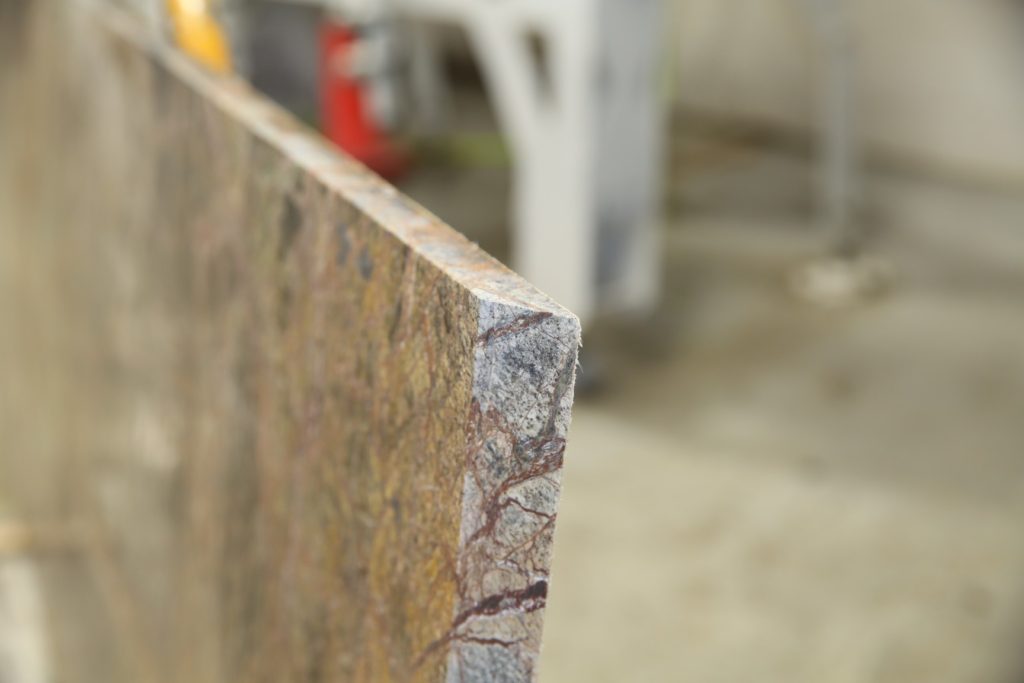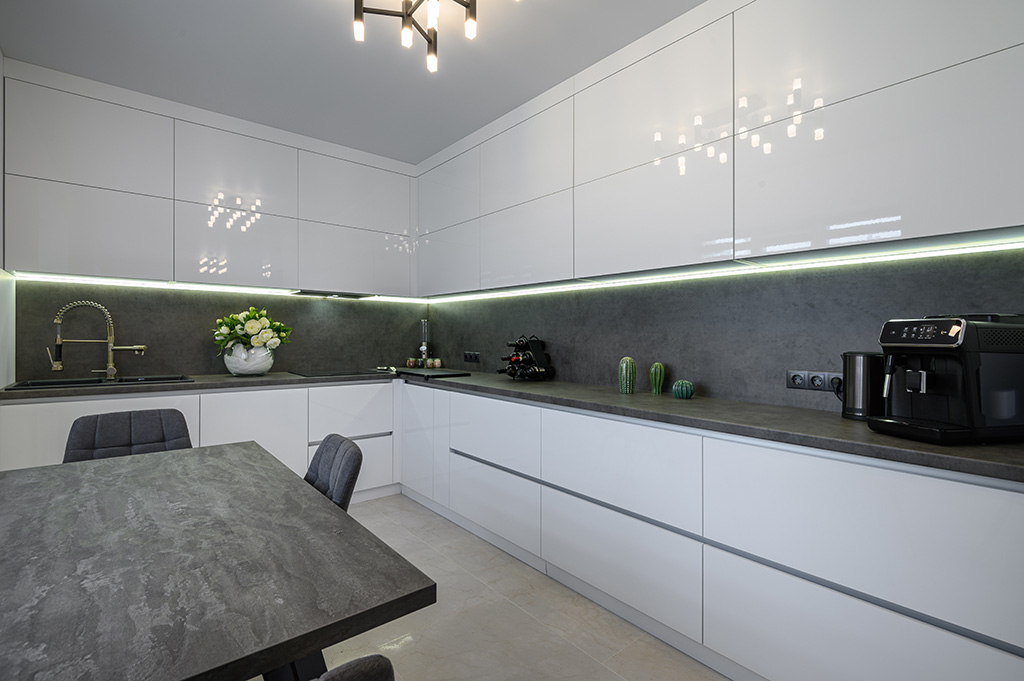5 Premier Advantages of Porcelain Countertops
In the realm of interior design, countertops stand as the centerpieces of kitchens and bathrooms, captivating our attention with their visual appeal and functional versatility. Among the array of countertop materials available, porcelain stands out, offering a compelling blend of durability, beauty, and low-maintenance characteristics. Let’s delve into the world of porcelain countertops, exploring five key advantages that make them a preferred choice for discerning homeowners.
1. Unparalleled Durability: A Shield Against Everyday Wear and Tear
Porcelain countertops are renowned for their exceptional durability, making them a stalwart companion in high-traffic areas like kitchens and bathrooms. Their high compressive strength ensures resilience against the weight of heavy appliances and utensils, while their resistance to scratches and chipping safeguards them from damage caused by daily wear and tear. Moreover, porcelain’s exceptional heat resistance empowers homeowners to handle hot cookware directly on the countertop surface without fear of warping or discoloration.
2. Endless Design Possibilities: A Canvas for Architectural Expression
Porcelain countertops are not merely functional surfaces; they are artistic canvases that can transform the aesthetic ambiance of any space. With a vast spectrum of colors, patterns, and textures available, porcelain offers homeowners endless design opportunities to harmonize with their kitchen or bathroom décor. From sleek and modern designs to rustic and traditional styles, porcelain can seamlessly complement any architectural theme, enhancing the overall aesthetic appeal of the space.
3. Symphony of Ease: Low-Maintenance Excellence
Porcelain countertops epitomize the concept of low-maintenance living, minimizing the time and effort required to maintain their appearance. Their stain-resistant nature ensures that food and drink spills can be easily wiped away with a damp cloth, leaving no lingering marks. Additionally, porcelain countertops are inherently non-porous, preventing the absorption of moisture and preventing the growth of bacteria. This inherent resistance to staining and microbial growth translates into a reduced need for harsh cleaning chemicals, further simplifying maintenance.
4. Hygienic Excellence: A Safe Space for Health-Conscious Lifestyles
Porcelain countertops go beyond aesthetics and functionality to embrace the realm of hygiene. Their non-porous nature serves as a natural barrier against the infiltration of bacteria and viruses, creating a safer environment for kitchens and bathrooms. This inherent resistance to microbial growth ensures that porcelain countertops remain hygienically clean, minimizing the risk of cross-contamination and promoting a healthy living environment.
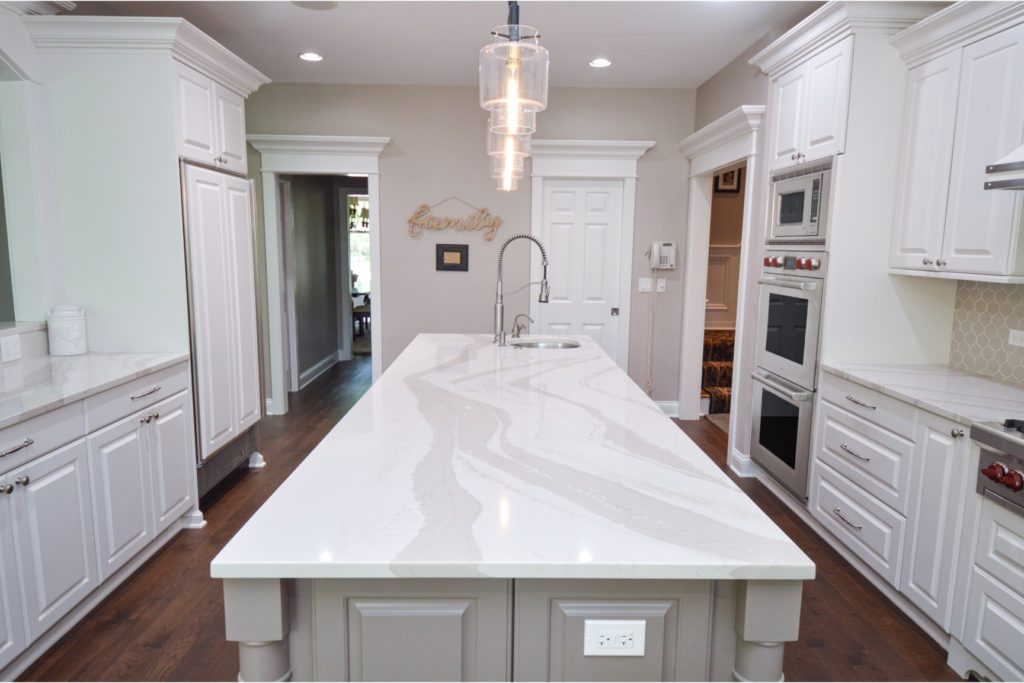
5. Environmental Sensitivity: A Stewardship of Natural Resources
Porcelain countertops are inherently eco-friendly, crafted from a blend of naturally occurring minerals, including clay, quartz, and other earth-based elements. This reliance on natural resources aligns seamlessly with the growing emphasis on sustainable design practices. Furthermore, porcelain countertops are recyclable, ensuring that their longevity extends beyond their initial lifespan, contributing to a circular economy and minimizing the environmental footprint of countertop materials.
6. Expansive Versatility: Adapting to Diverse Architectural Styles
Porcelain countertops are not limited to traditional kitchen and bathroom settings; they can be seamlessly integrated into a wide range of architectural styles, from contemporary minimalist designs to eclectic and artistic expressions. Their versatility allows homeowners to create bespoke spaces that reflect their tastes and preferences, transforming countertops into design elements that elevate the overall aesthetic appeal of their homes.
7. Scalability to Match Any Space: Adapting to Diverse Countertop Dimensions
Porcelain countertops can be custom-made to accommodate any countertop size or shape, ensuring a perfect fit for even the most intricate architectural designs. Whether curved surfaces, angled edges, or unique geometric shapes are desired, porcelain countertops can be expertly crafted to complement any architectural concept, creating a seamless integration between countertops and the overall design of the space.
The Expanse of Countertop Materials: Exploring Alternatives to Porcelain
While porcelain countertops stand as an exceptional choice for kitchens and bathrooms, homeowners have a plethora of other countertop materials to consider, each with its unique set of advantages and disadvantages. Here’s a brief overview of some popular alternatives to porcelain:
1. Quartz: Quartz countertops are a natural quartz composite that offers a wide range of colors, patterns, as well as textures. They are highly durable, scratch-resistant, and stain-resistant, making them a good choice for high-traffic areas. Quartz countertops are also relatively easy to maintain, requiring only occasional cleaning with a damp cloth.
2. Marble: Marble countertops are natural stones that are known for their stunning beauty and elegant appearance. They come in a variety of colors, veining patterns, and textures. However, marble can be more susceptible to staining and etching than quartz, and it requires regular sealing to protect it from moisture damage.
3. Granite: Granite countertops are another popular option that is known for their durability, strength, and stain resistance. They come in a wide range of colors, textures, and patterns. Granite countertops are also relatively easy to clean and maintain.
4. Concrete: Concrete countertops are a more modern option that is gaining popularity due to their unique appearance and industrial aesthetic. They are also highly durable and can be customized to create a variety of looks. However, concrete countertops can be more porous than other materials and may require more regular sealing and maintenance.
5. Butcher Block: Butcher block countertops are made from solid wood that is often stained or finished to protect it from moisture damage. They are known for their natural beauty and warmth, and they can be customized to create a variety of looks. However, butcher block countertops can be more susceptible to staining and warping than other materials.
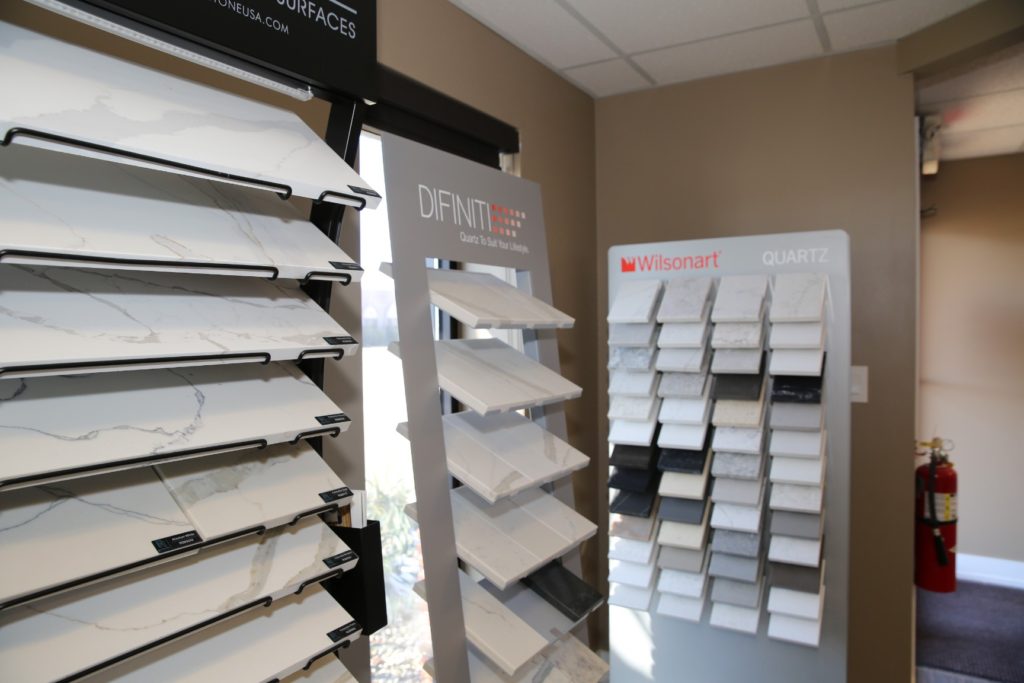
When choosing a countertop material, it is important to consider the following factors:
- Durability: How durable is the material and how well will it withstand everyday wear and tear?
- Aesthetics: What color, pattern, and texture do you prefer?
- Ease of maintenance: How easy is the material to clean and maintain?
- Cost: How much are you willing to spend on countertops?
- Environmental impact: How sustainable is the material?
Ultimately, the best countertop material for you will depend on your individual needs and preferences.
A Timeless Investment: Embracing the Enduring Advantages of Porcelain Countertops
In conclusion, porcelain countertops stand as a testament to enduring quality, combining exceptional durability, a wide range of design options, low-maintenance simplicity, inherent hygiene, and eco-friendly credentials. For homeowners seeking a countertop material that will stand the test of time, while also enhancing the aesthetics and functionality of their kitchens and bathrooms, porcelain offers a timeless investment that will elevate their living spaces for years to come. Embrace the endless possibilities of porcelain countertops and create a home that reflects your unique style.

